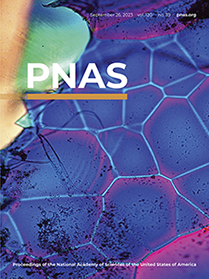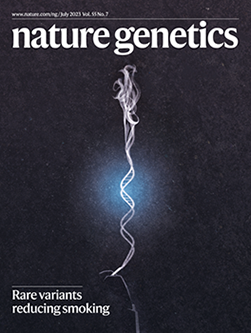
Molecular Oncology
The Molecular Oncology Program advances the understanding of the molecular and chemical basis of cancer and tumor progression, with specific aims to define mechanisms to maintain genome stability, interrogate key signal transduction and hormone receptor pathways, and understand the role of energetics and metabolism in cancer.
The Program seeks to promote rapid translation of basic discoveries of cancer mechanisms into the development of potential prognostic markers and therapeutic strategies. Also studied are specific processes related to cancer cells, including the chemical and biochemical events involved in the DNA damage response, drug and radiation resistance, as well as hormone resistance. The Program offers expertise in molecular biology and biochemistry to cancer center investigators and fosters interactions with other research programs to develop disease-oriented translational research.
Membership resources for researchers
Involved in cancer research? Cancer Center membership is open to all UC Davis faculty and Lawrence Livermore National Laboratory researchers with a focused interest in cancer or related disciplines, and a commitment to contributing to the Cancer Center mission. Collaborate with like-minded investigators, gain access to resources, and contribute to the only NCI-designated Cancer Center positioned to address the cancer burden in Northern California's Central Valley.
Become a part of the collaborative research community at the UC Davis Comprehensive Cancer Center. Learn more about becoming a member and the valuable resources available to our researchers.
Molecular Oncology Program Leaders
|
Distinguished Professor and Chair, Department of Microbiology and Molecular Genetics Expertise: mechanisms and regulation of maintaining genomic stability; discovered MUS81 endonuclease; first to purify full-length human BRCA2 |
|
|
Kermit L. Carraway, III, Ph.D. Professor, Department of Biochemistry and Molecular Medicine Expertise: mechanisms of oncogenic signal transduction, tumor invasiveness and metastasis; organelle biology; targeting cancer stem cells |
Molecular Oncology Program Research Highlights
Androgen Receptor Blockade Resistance with Enzalutamide in Prostate Cancer Results in Immunosuppressive Alterations in the Tumor Immune Microenvironment
Engineered Bone Marrow as a Clinically Relevant ex vivo Model for Primary Bone Cancer Research and Drug Screening









